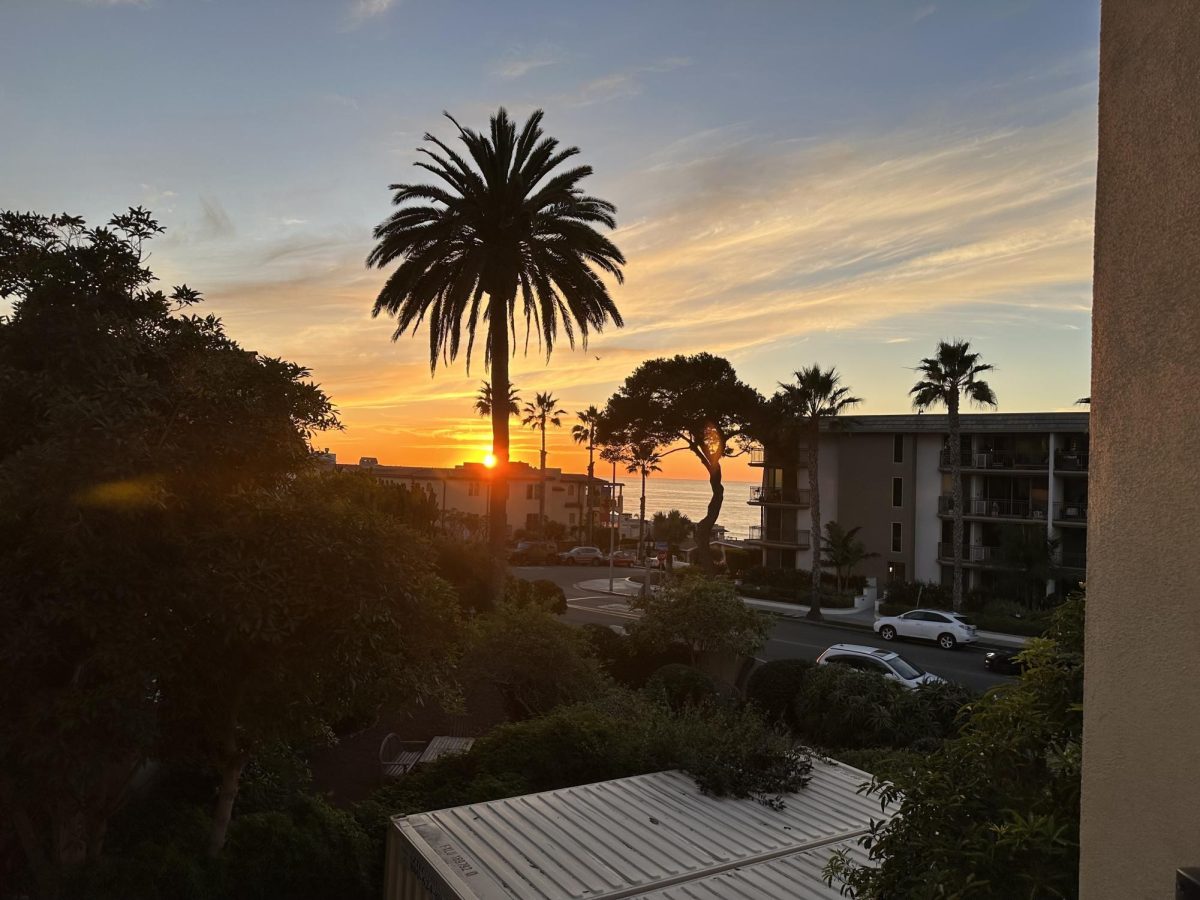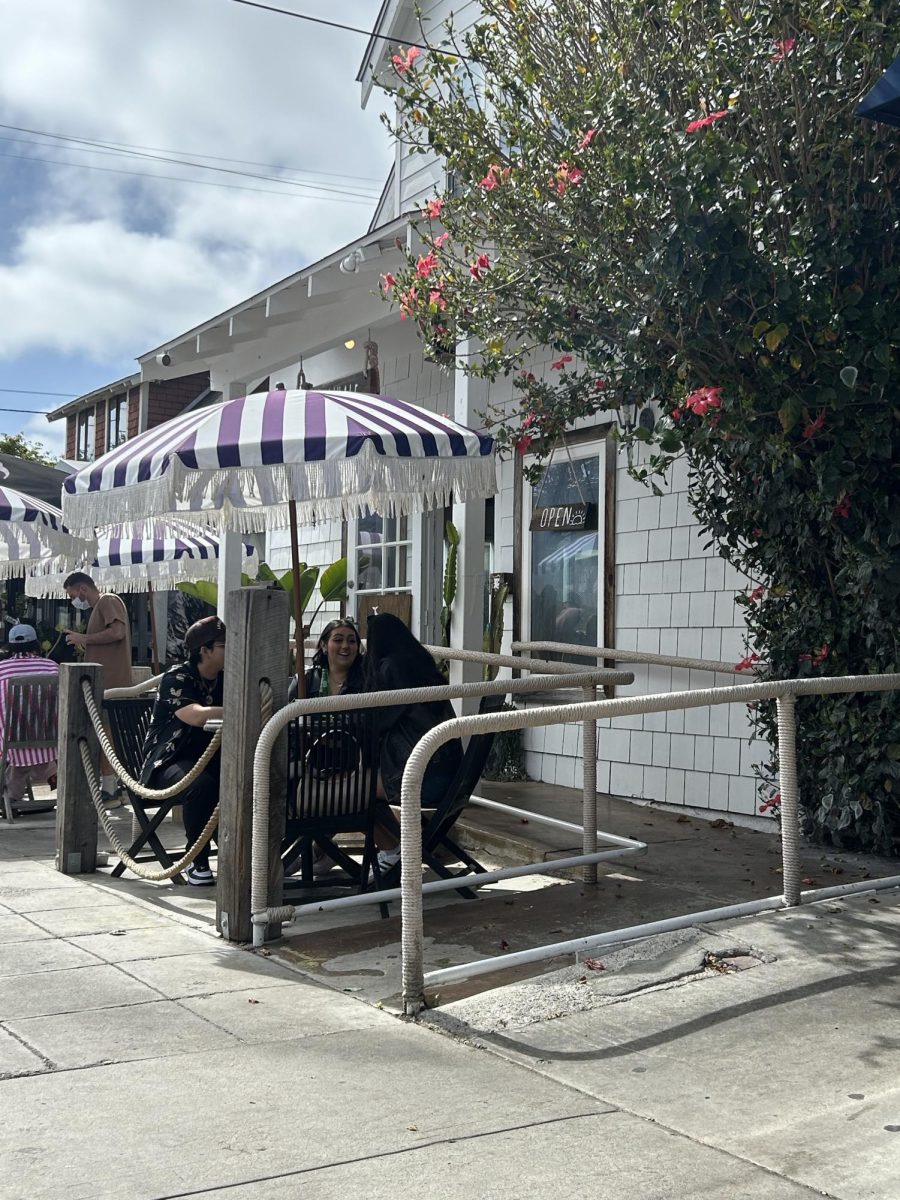In recent years, switching the clocks between daylight saving time and standard time has become an increasingly contentious issue. Nearly six in 10 Americans want to do away with the practice of switching the clocks, according to a Monmouth University poll, but one third continue to support switching the clocks. Among those that don’t, there is still disagreement about which time to permanently switch to.
It can be hard to know which opinion to subscribe to with so many options, which is why it is important to understand the differences between daylight saving time and standard time, the benefits and drawbacks of each, and how they could affect Bishop’s students should one become permanent.
THE EARLY DAYS OF DAYLIGHT SAVING
Daylight saving time has darker mornings and brighter evenings, whereas standard time — which we are currently using — has brighter mornings and darker evenings. The system of switching between the two dates back to World War I, when Germany introduced it to attempt to save money on fuel, and it was soon adopted by much of Europe and the United States.
SPRINGING INTO DAYLIGHT SAVING TIME
Daylight saving time also helped stimulate the economy, according to TIME. More light in the afternoons gives consumers more time to shop at stores or eat at restaurants, and in the early days, sports equipment sales increased dramatically.
Others argue that permanent daylight saving time would lead to more energy saving, as lights would not have to be turned on as early in the day. Several studies dispute these claims, however, finding that daylight saving time only has a minor effect on energy conservation.
But it does have a big effect on students, especially those with after-school sports. Science teacher and sailing coach Dr. Anthony “Doc” Pelletier acknowledged that daylight saving time is better for sailing, and that standard time “has quite a serious effect” on the practices. Because teachers are not allowed to schedule practices during office hours, the sailing team is “not on the water before four and has to be off by five,” due to safety regulations.
This doesn’t just affect the sailing team, though: Director of Athletics Coach Paula Conway said that “We miss ample practice time because it gets so dark, especially in the winter season. Our practice can only be for 1:30 since we need to end by 5:00pm.” This also affects games, as the Fowler and Spanos fields do not have lights, which can cause the referees to call off the games if they think the playing conditions are unsafe.
The way Doc sees it, “We’re either going to be getting up in the dark or going home in the dark, and I’d rather be getting up in the dark.”
BRIGHTER MORNINGS, BRIGHTER MOOD?
The American Academy of Sleep Medicine argues that keeping permanent daylight saving time “could result in circadian misalignment, which has been associated in some studies with increased cardiovascular disease risk, metabolic syndrome and other health risks.” This is because humans are used to waking up when the sun rises and going to sleep when it sets, so waking up when it is dark and going to sleep late can cause more discomfort.
The Academy also found that permanent daylight saving time can exacerbate mood disorders such as depression or seasonal affective disorder.
Assistant Head of School for Curriculum & Academics Mr. Brian Ogden — who said that “I deeply dislike daylight savings time” — remarked that “it disrupts students’ sleep patterns [and] contributes to fatigue in the spring at what is already a busy time.” According to Bishop’s nurse Ms. Susie Fournier, this is because “moving the clocks forward in the spring can also make it more difficult for people to fall asleep when they are exposed to increased sunlight before bedtime.”
However, the switch to standard time also has negative effects. Ms. Fournier acknowledged that “the time change affects a person’s circadian rhythm, causing them to feel more sleepy and have decreased attention, which has been shown to cause an increase in traffic collisions.”
Despite this, Bishop’s nurse Ms. Kate Pe acknowledged that “I don’t like waking up when it’s still dark. I definitely find it harder to get out of bed on those mornings!”
Daylight saving time and standard time both have their issues as well as their benefits, and people have strong opinions about which — if any — to make permanent. But at least for now, we all have to live with switching our clocks twice a year.









